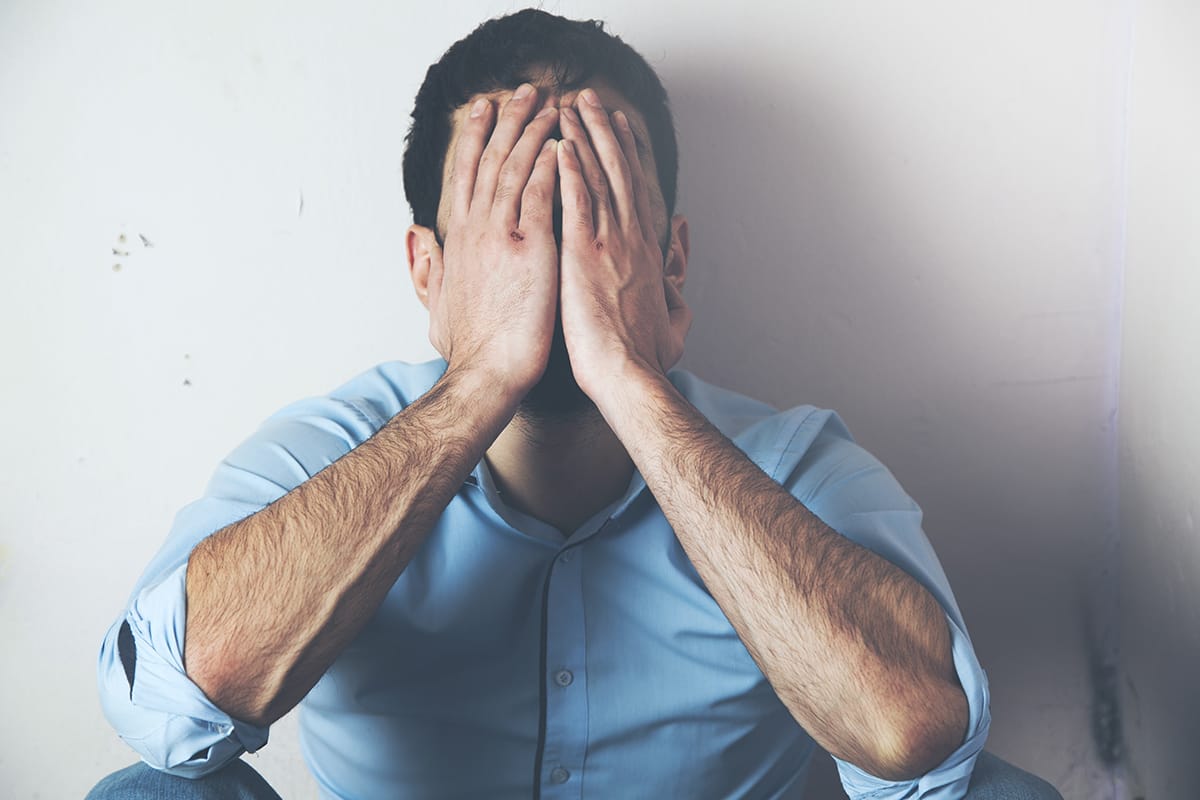
What is Clinical Depression?
Originally posted on https://www.promisesbehavioralhealth.com/addiction-recovery-blog/what-is-clinical-depression-explanation/
Depression is not a one-size-fits-all diagnosis. Instead, many levels exist in clinical depression. These range from mild to severe with a wide range of symptoms and life effects. So, what is clinical depression overall and how does it relate to substance abuse or addiction?
The explanation of clinical depression, particularly how it relates to drug and alcohol abuse, makes the need for dual diagnosis treatment clear. If you suffer depression with substance abuse, getting the right help proves critical for starting your life fresh. But with help from dual diagnosis treatment center programs, you can enjoy a stable, healthy, happy and drug-free life.
What is Clinical Depression?
Depression is a prolonged period of low mood. This mood and related symptoms affect your daily life, making it hard to keep pace with others or feel happy from things you typically enjoy. But when these symptoms occur chronically and you cannot find improvement on your own, you need professional treatment for clinical depression.
What is clinical depression? Clinical depression is a real mental health disorder, one diagnosed by medical doctors. It is a state of depression that requires this medical intervention, for the symptoms to improve. There is no point in suffering in your symptoms, with this treatment available.
No explanation of clinical depression is complete without a list of the condition’s symptoms. This clinical depression info proves key to many people who understand they suffer problems but do not know they have a treatable condition.
Symptoms of major depression include:
- Empty and sad feelings
- Lost enjoyment in life activities
- Appetite or weight changes
- Sleep problems and fatigue
- Agitation or feeling “slowed down”
- Decision-making, focus, concentration, and memory problems
- Physical symptoms like body aches, headaches, and stomach upset
With depression for some people come thoughts of death or dying. Many attempt suicide because of depression. This makes getting treatment for your mental health problem urgent.
Depression as Part of a Dual Diagnosis Disorder
A dual diagnosis disorder is one involving a mental health problem with substance abuse or addiction. In the past, doctors treated one of these conditions at a time. But today’s medical professionals understand that treating both at the same time is the right path for your ultimate recovery. Otherwise, with one condition left untreated, it simply drives the treated one into relapse.
That said, depression often leads people into substance abuse. Drugs and alcohol seem like a positive means of self-medication for depression-related problems, at first. But this substance abuse soon takes a dark turn. Addiction takes hold and you realize you feel trapped by your dual diagnosis disorder.
Substance abuse also sometimes causes clinical depression. For many people, this mental health diagnosis comes after prolonged use of drugs or alcohol and those substances’ effects in the brain. Regardless of which of your dual diagnosis conditions come first, you need treatment for both.
What Does Dual Diagnosis Treatment Look Like?
In the above clinical depression info, you learned some answers to, “What is clinical depression?” You also learned that depression often connects to substance abuse. Now, you need to focus your attention on getting the dual diagnosis treatment you need.
Dual diagnosis treatment programs include:
- Medical detox
- Inpatient rehab
- Day treatment
- Intensive outpatient program
- Extended care program
Use these answers to, “What is clinical depression” to your benefit. Get the help you need to stop self-medicating and start living a happier, healthier life. Call Promises Behavioral Health now at 844.875.5609 and learn more about the treatment you need.
